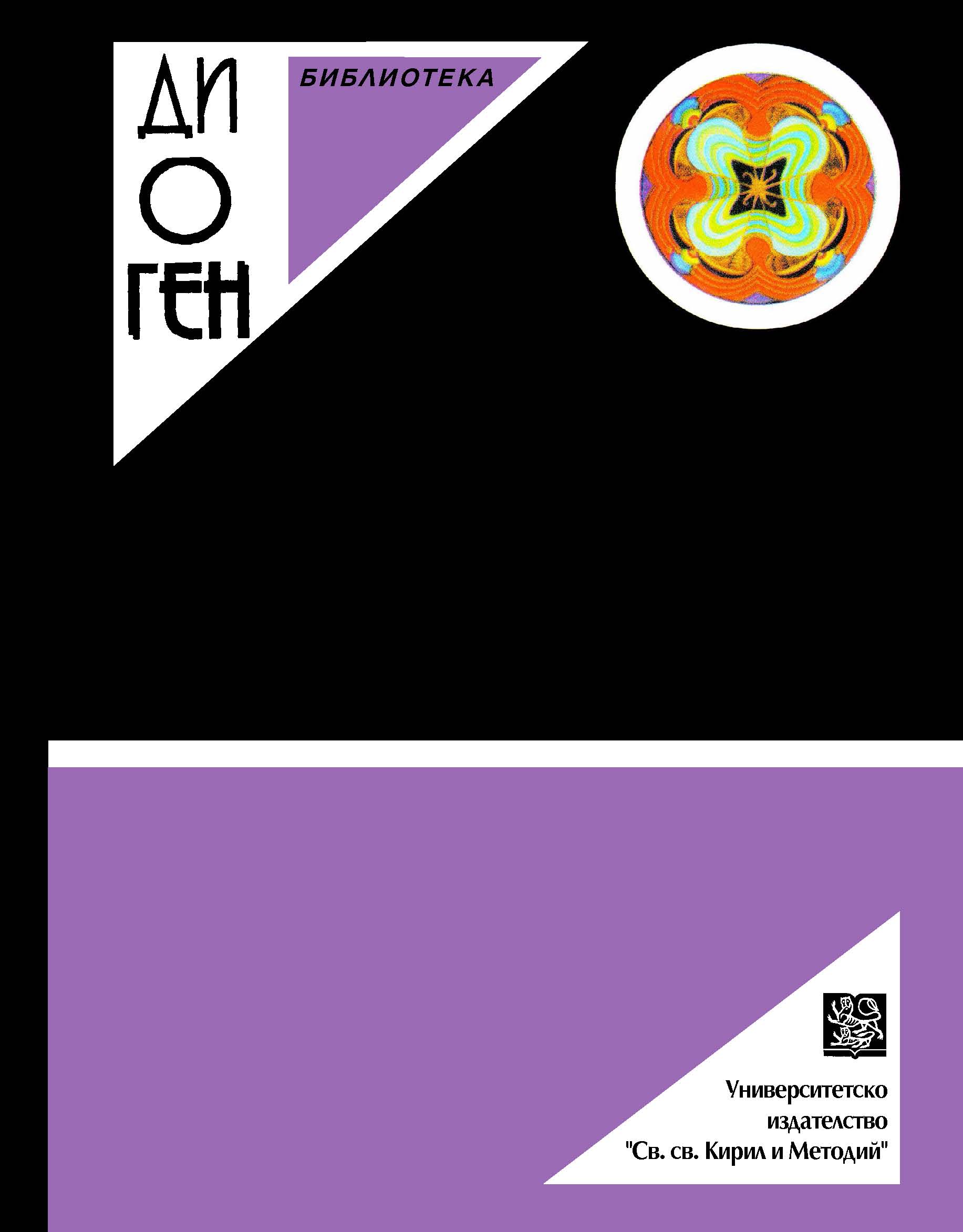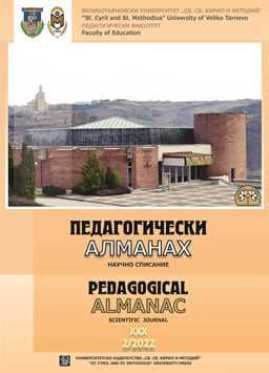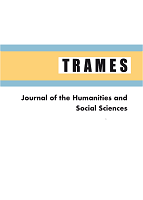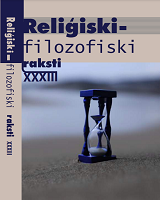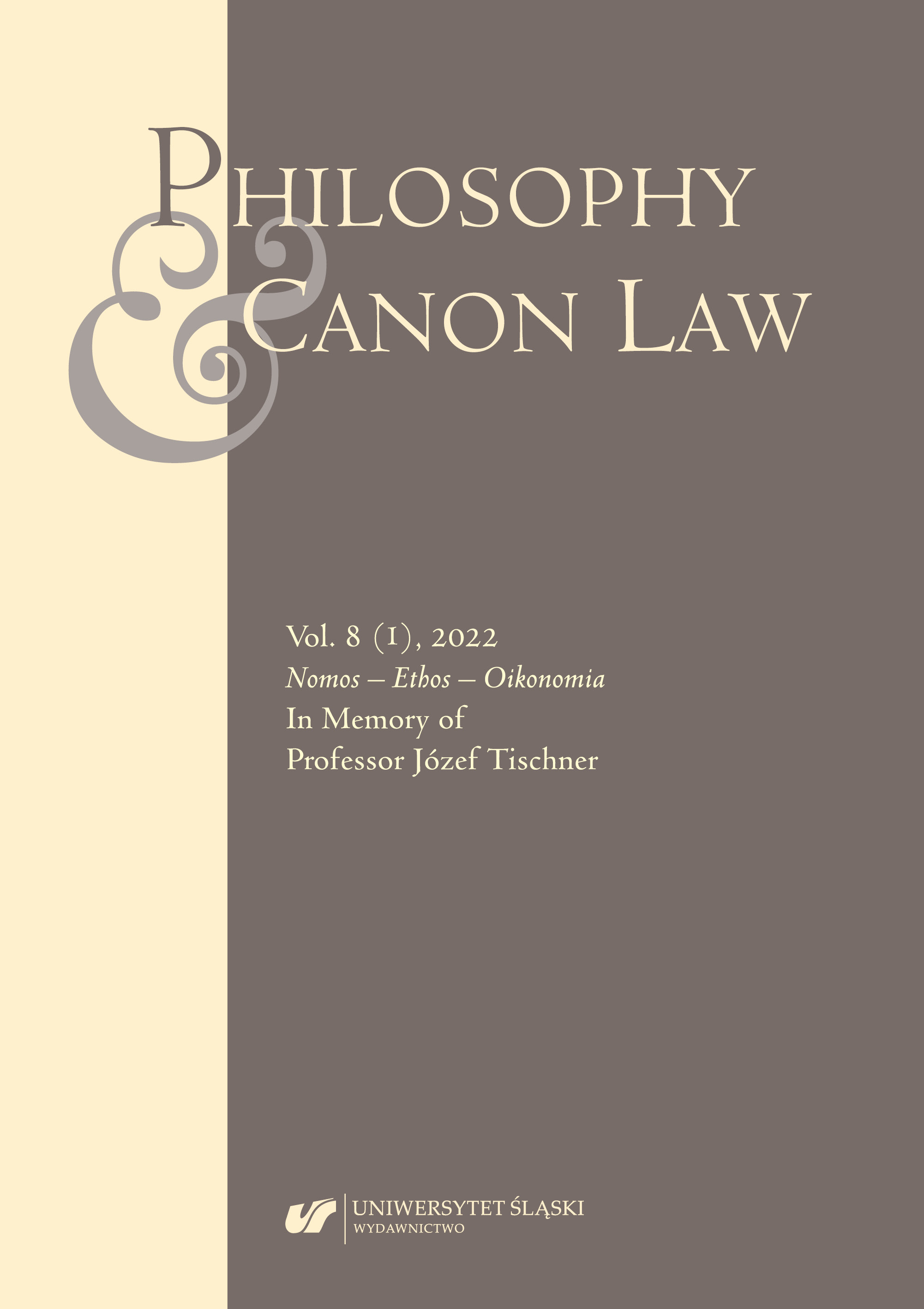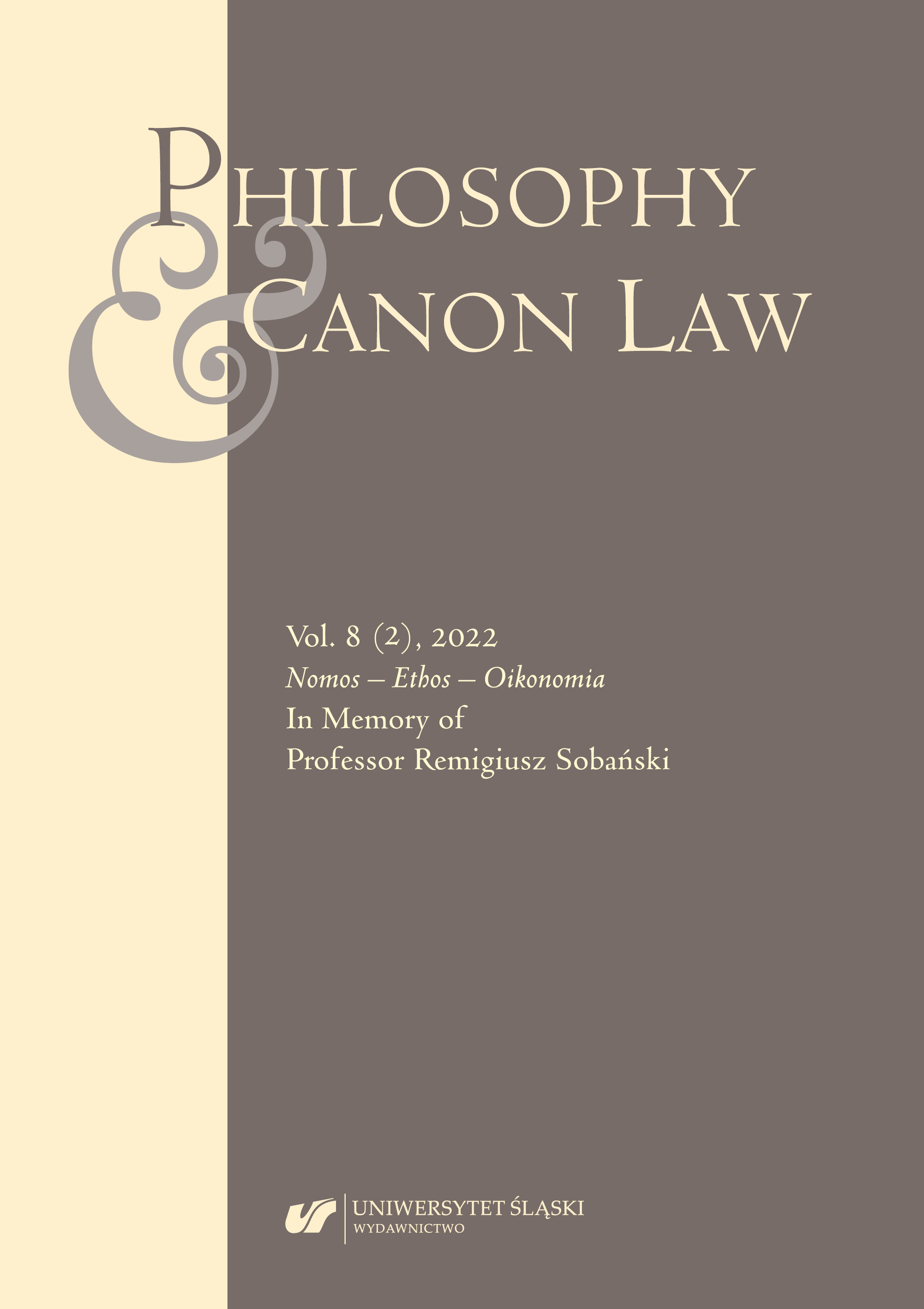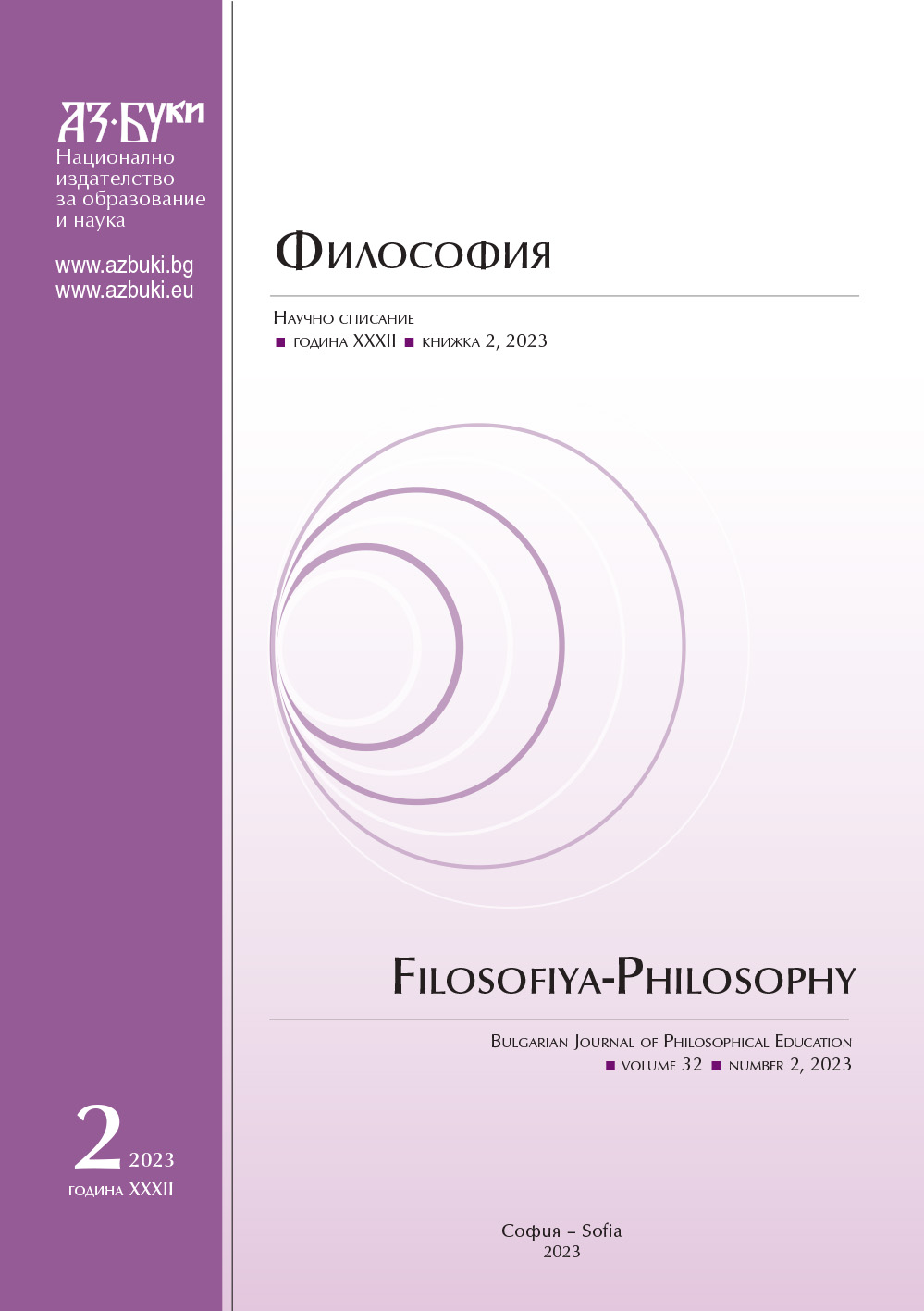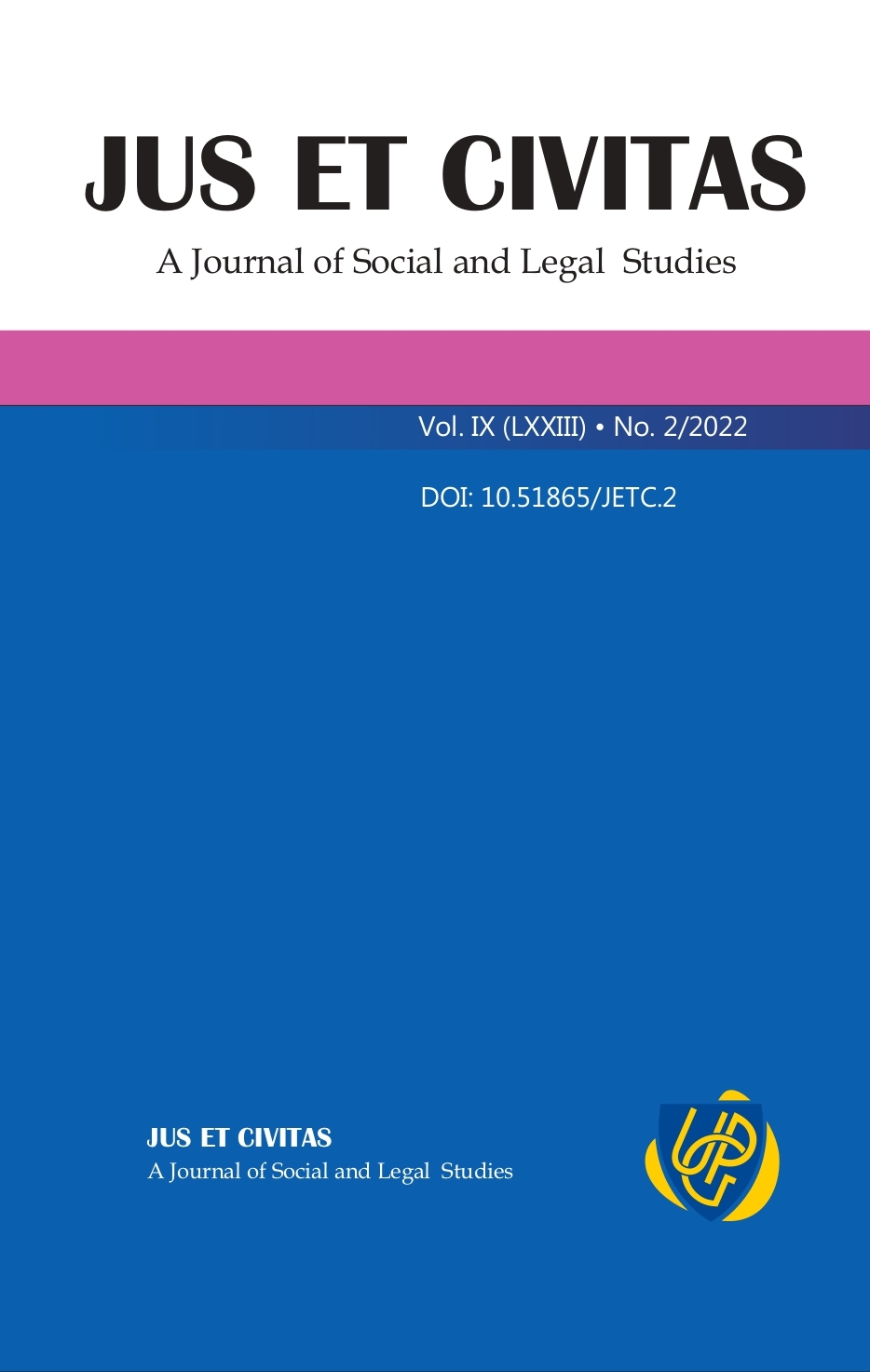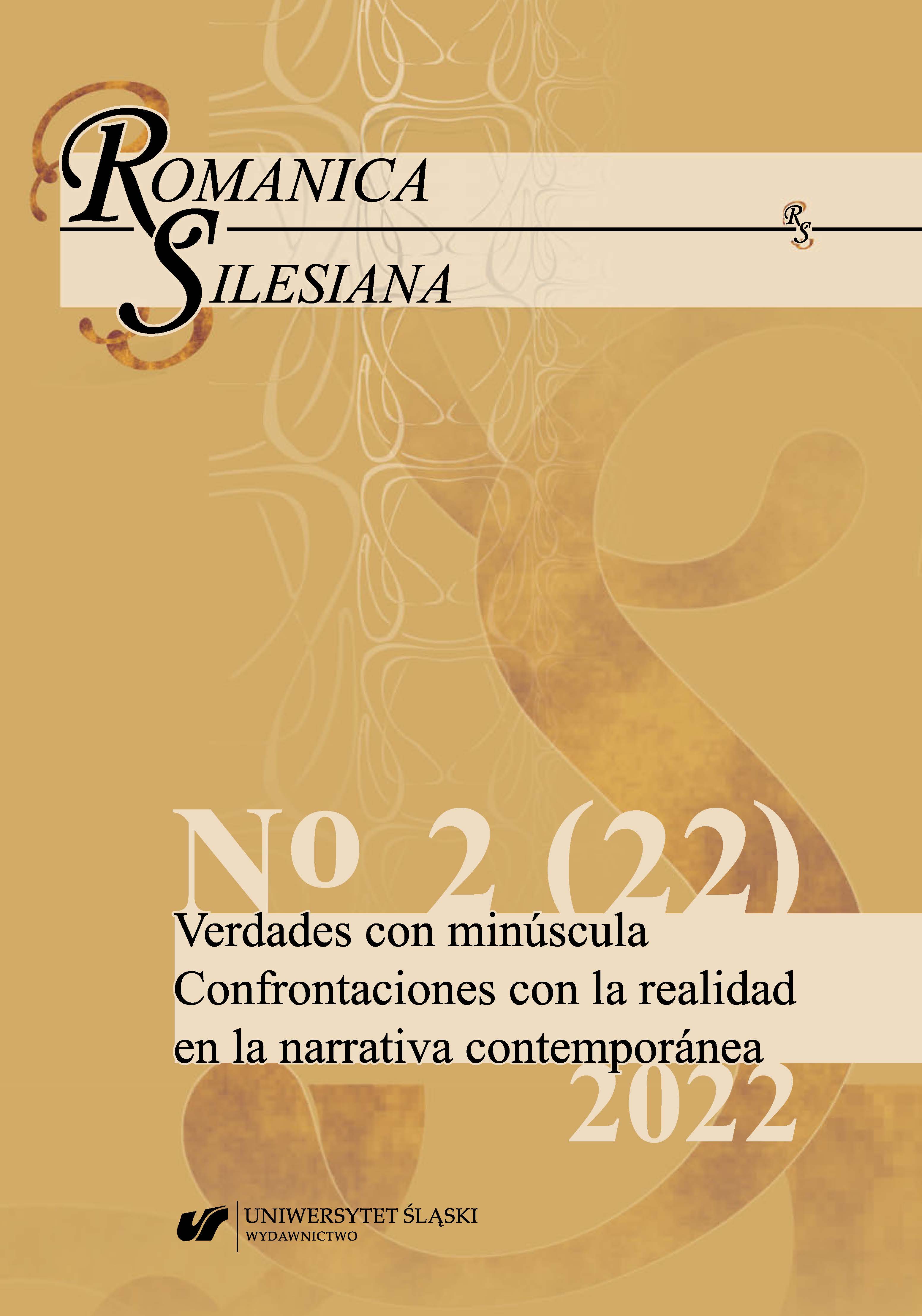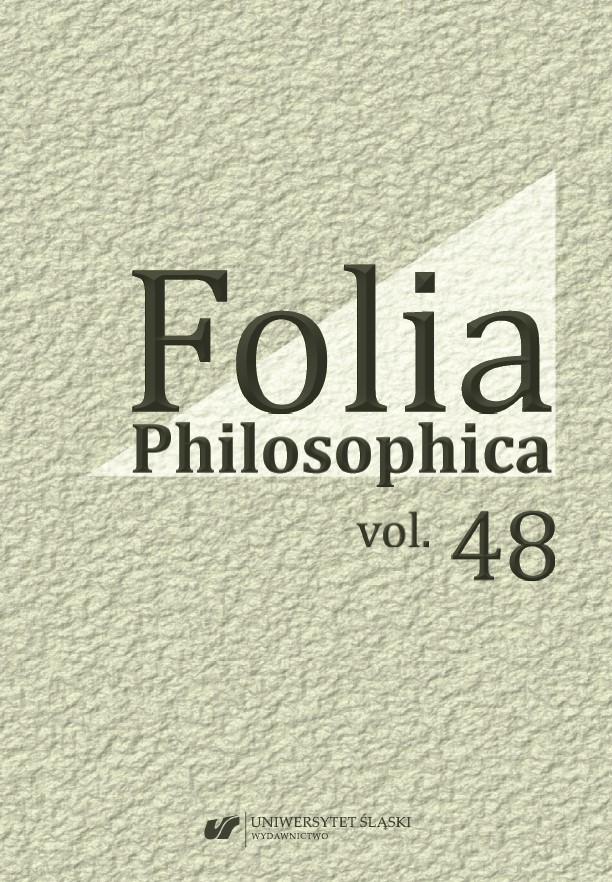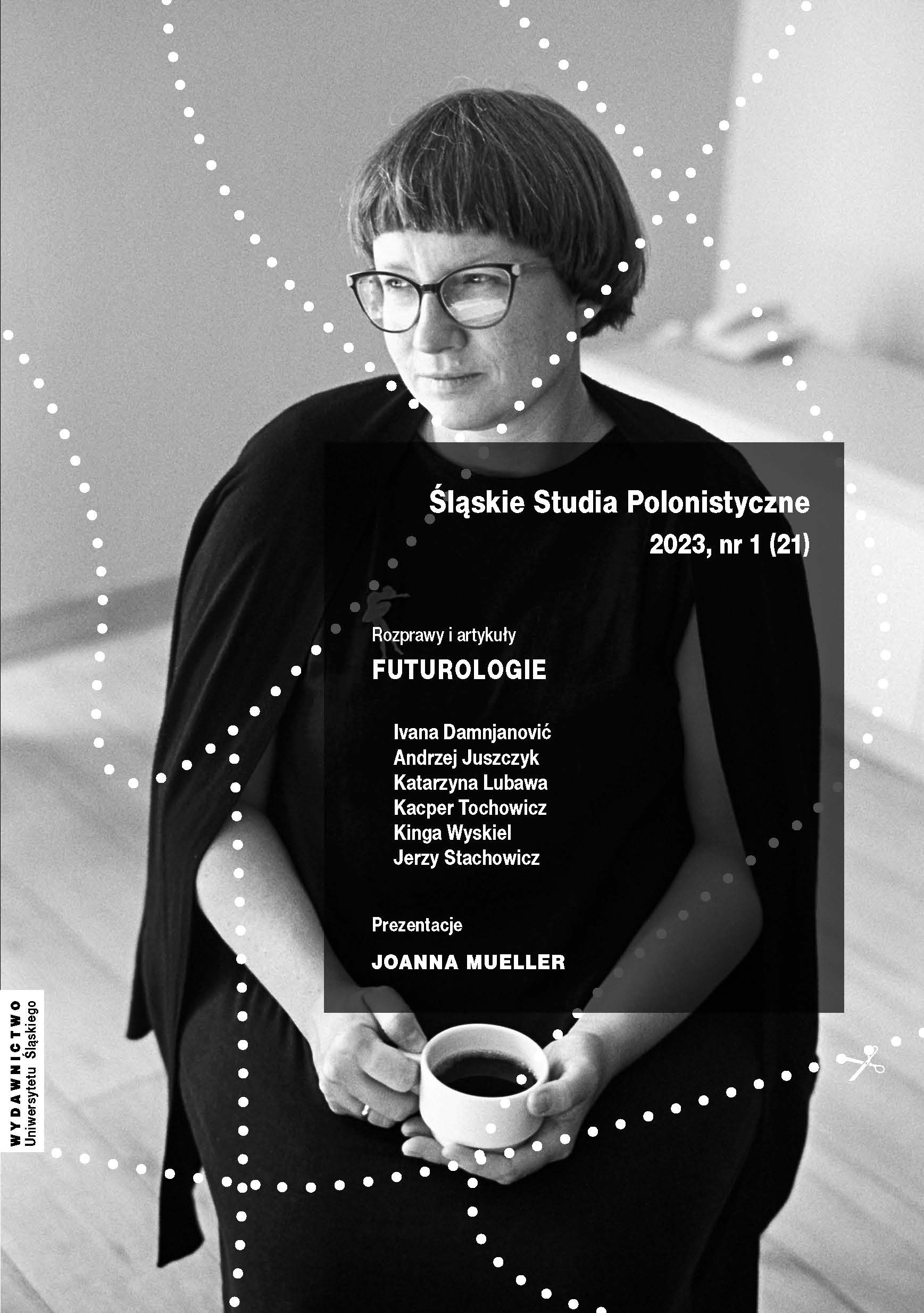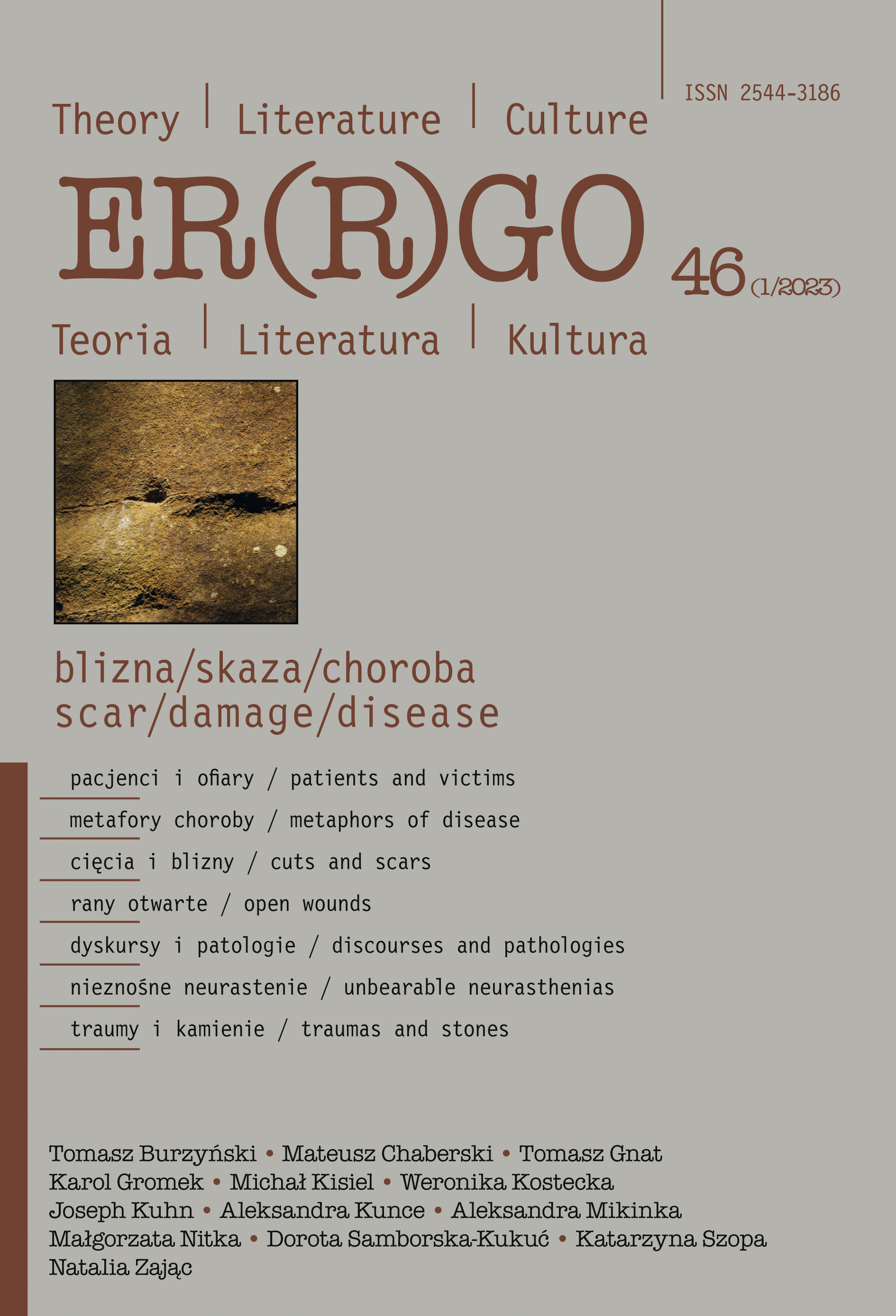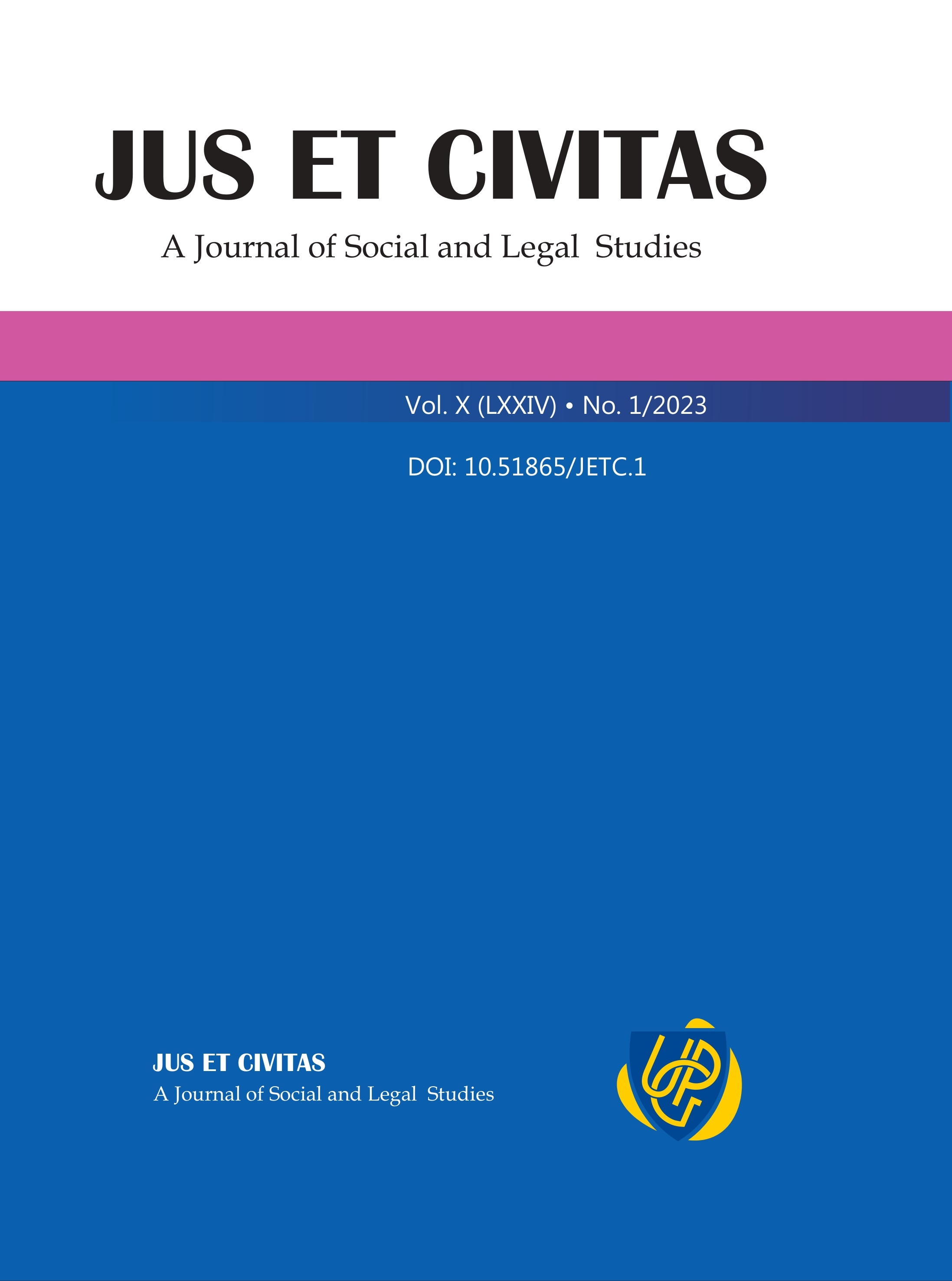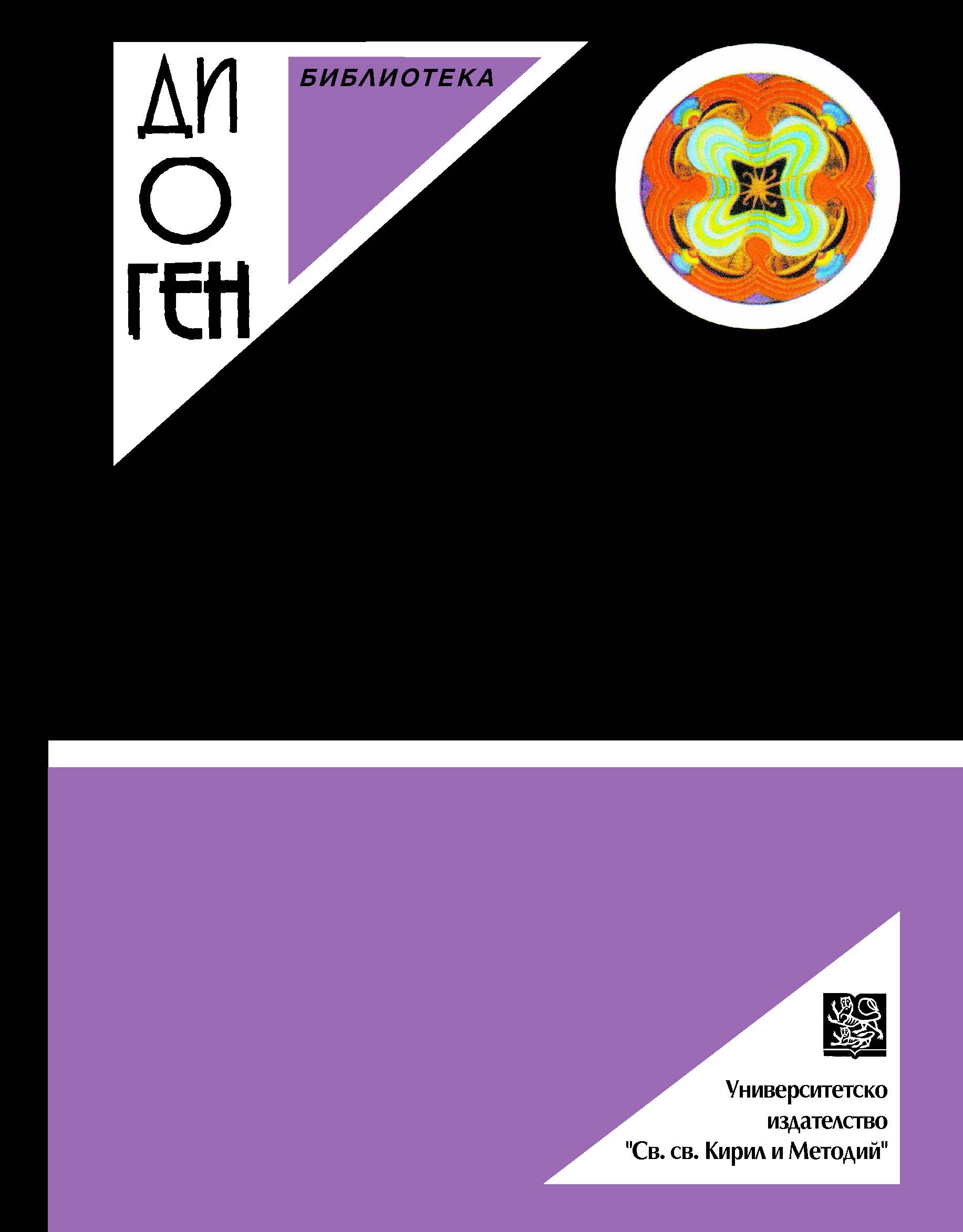
Борбата срещу младежкия жаргон по времето на социализма
Founder of the study of Bulgarian youth speech is Ivan Shishmanov. His initial research interest is in the secret speech of Sofia seminarians whose speech codes are pretty simple: before or after each word they add certain syllables. Interest in social languages is renewed after the release of “Dictionary of criminal’s language” by two anonymous authors. At this time began publishing the newspaper “The taricat (sly) voice” whose motto reads: “Destroy the stupid men, the brave ones will disappear by themselves.” In the 30s of the twentieth century starts more serious research of youth slang as a sort of social languages. According to St. Mladenov taricat (sly) speech arises under the influence of criminals’ speech (argo). Persons, who violent the law, invent special words in order not to be understood by the secret police eavesdroppers. In 1945 in the newspaper “People’s Militia” was published an article which contained a list of more frequently used words by law offenders. Censored words were omitted. After establishment of the socialist political system the attitudes towards taricat speech become fundamentally changed. This unacceptable social phenomenon is condemned as “filthy stream of words,” “negative factor that contributes to thriving of hooliganism in our country,” “linguistic corruption, an expression of immoral consciousness and decadent bourgeois ideology.” One of the decisions of the party plenum, which took place in 1954, was related to some measures, aiming to eradicate the language, spoken by some young people, who refuse to follow the norms of socialist moral. It wakes heated discussions on the pages the newspaper “People’s Youth”. Readers’ reactions are similar to power measures, studies historically by M. Foucault, and related to transforming of human being in the subject of obedience and discipline. The authors of written opinions express threats of physical assault, recommendations to impose prosecution or “treatment” of those who violate the “language hygiene”. Measures taken lead to immediate success. Delinquent youths publicly repent on the pages of “People’s Youth” and declared their unwavering position to fight by all forces and resources against people who use taricat (sly) language.
More...
